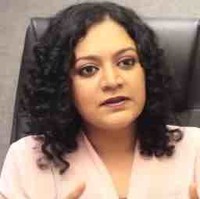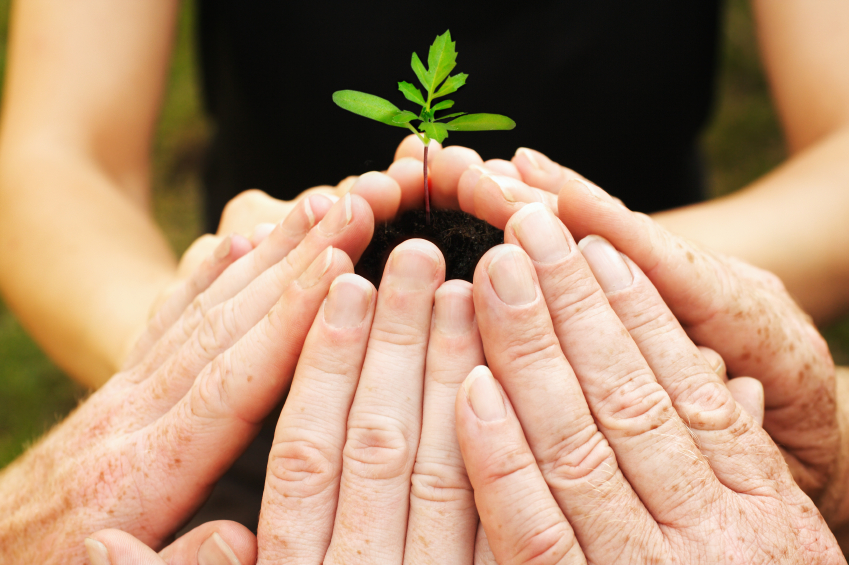Be Mindful of Your Mental Health During the COVID-19 Pandemic

The World Health Organization defines mental health as:
“ … a state of well-being in which the individual realizes his or her own abilities can cope with the normal stresses of life, can work productively and fruitfully, and is able to make a contribution to his or her community “
Emily, an IT professional working in the United States, was a calm, jovial & happy employee. She always had a smile on her face just like an innocent child. Jay, her husband worked in the design department of a Retail company. They were a happy family. They had a good social life apart from a successful career. Life seemed to be simply perfect.
Beginning in 2020, news came on the outbreak of a disease and it was named COVID-19. China, Italy, Germany, France, and many countries were affected and globally had to undergo entire country Lockdown. The United States began to get affected by March and people were advised to stay indoors, begin work from home, maintain social distance while going out for shopping daily essentials. All Countries sealed their borders to control the spread of this virus.
Emily started working from home. Initially, things were fine. The family enjoyed having time together. The first week, second, third….. as time passed, a shift in Emily’s behavior began. She started losing interest in work, a significant drop in performance and productivity, frustration, and anger increased. She will eat more than normal. The couple started fighting and distancing. They were unable to meet friends, step out in open air.. even a thought of this unknown invisible virus would create a fear of stepping out of home. Their world had changed. One day, Emily alone in her room began questioning herself: What to do? Where to go? Whom to reach-out for social need? Why am I not being me? My mood-swings are increasing beyond control. Is this stress? Anxiety? Or am I in depression? Who am I Becoming?
HOW IS EMILY’S MENTAL HEALTH TRANSFORMING? IS SHE HEADING TOWARDS MENTAL ILLNESS?
Just like Emily, we all are going through this self-isolation experience. This is having an impact on our way of being. However, the impact will be different for different people. Mental health is affected by different factors, including physical, psychological, social, cultural, spiritual, and many interrelated factors. We have a growing need to equip ourselves with the knowledge, skills, and understanding to recognize, identify, and respond to mental health challenges in ourselves and others.
Lord Buddha said “The mind is everything. What we think we become.”
TWO THINGS TO KNOW ABOUT MENTAL HEALTH:
- Develop an awareness of what mental health is:
It is a state of well-being, able to manage stress, stay calm unaffected, and balanced in all circumstances.
- Learn different ways to recognize and respond to mental health concerns, such as negative thoughts and behaviors, in yourself and others
We all know that a traffic light system has three colors while driving, we consciously slow down at a yellow light and just stop at the red light. Why do we do that? Simply because we are aware that continue to drive in red light is like putting ourselves and others at considerable risk. Just like a traffic light system, we need to be aware of how our emotions and interactions influence our behavior. Our bodies are only able to manage a restricted amount of stress before we are in crisis. Social/environmental/physical demands may result in a person not being able to cope and result in a crisis and potential adverse events.
Alternatively, learning the art of coping with stress and having ways to manage the demands of life and study gives us opportunities to reflect on what works for us, and helps to reinforce positive action and behaviors.
The physical, mental, and social impacts of mental health are interrelated. Let us learn a technique to recognize our state of mind:
Begin to journalize or maintain a diary. Towards the end of your day, reflect on How the day was spent. Make a note of unusual responses you had like mood changes, eating more/less, things irritating you, different kinds of thought coming to mind, the triggers. And begin to create strategies on different ways to deal with them. Visualize this new strategy in your mind’s eye.
“It is imperative to have a mental fitness which is nothing but a feeling like being a wave in the ocean rather than feel like one’s life is an isolated phenomenon,” As Buddhist expert Jason Henninger explains “A wave is a wave, but not separate from the rest of the ocean. “
Mental health depends on individual characteristics, as well as the ability to manage one’s thoughts, emotions, interactions, and behavior with others.


Mental health is affected by different factors, including physical, psychological, social, cultural, spiritual, and many interrelated factors.
Three core components of Mental Health & Emotional Fitness:
- Well-Being
- Effective Functioning of Self
- Effective Operating in community or society (with others)
During this time of world crisis and pandemic, we must focus on our personal development. Let us learn the ABC ( Action – Be-long – Commitment ) model to adapt into our lives that enables us to be mentally, emotionally, and socially healthy irrespective of our external influencers:
ACTION – Do Something – Stay Involved
· Keep yourself active – physically, mentally, socially, and spiritually
- Go for a Walk or a Run (exercise indoors with music if outdoors is not permitted)
- Talk to someone via phone or video calls
- Read books
- Meditate or pray (focus on your breathing inhale-exhale)
BE-LONG – Do Something with someone (involve others)
- Stay connected – to friends, family, and your community (calls, WhatsApp, zoom, skype)
- Make note of your specialty & skills like some online tool, cooking, baking, singing etc… Teach it to others create online learning may be for free / at no cost
- Join book clubs
- Take a class of new skills you always wanted to learn but never had time for it. Now is the time
- Participate in community events
- Join online sports team to practice fitness with others
COMMITMENT – Do Something meaningful, and important that is valuable to you
- Volunteer – help the society, government & people at large to fight the crisis situation. Be a part of the change
- Take on a new challenge
- Teach others
- Learn something new that will make you happy
Mental health disorders have a serious impact on physical health and are associated with the prevalence, progression, and outcome of some of today’s most pressing chronic diseases, including diabetes, various diseases due to hormonal imbalance, heart disease, cancer, and stroke. Mental & emotional health disorders can have harmful and long-lasting effects—including high psychosocial and economic costs—not only for people living with the disorder, but also for their families, their workplace, and communities.
Biological, social, economic, and environmental factors—and their interrelationships—influence the ability of individuals to make progress on these indicators. Addressing these determinants is key to improving health, eliminating health disparities.
Action – Be-long – Commitment helps us to reconnect with ourselves. We are social by nature and this will help us satisfy our core. Being able to work on our long-buried dreams of learning new skills, that will give emotional satisfaction and activate happy hormones into our system. Happiness leads to positive psychology and enables us to have a creative positive approach towards life, we make others happy, AND become highly productive at work, be it at office, or work from home in isolation.
Let us create our own personal development plan with the help of ABC (Action – Be-long – Commitment) model and be ready to be in business with a greater mindfulness and productivity.

CAREER ADVICE

GOV TALK
